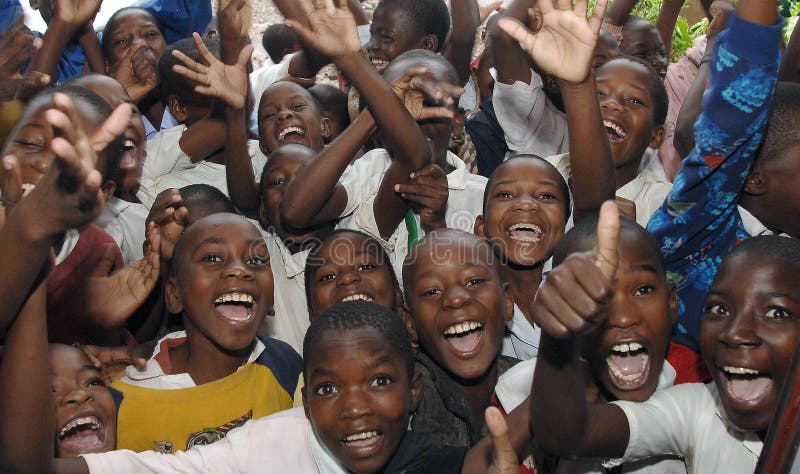HARARE — Over one in three rural households in Zimbabwe (37.3%) are raising children under the age of 18 who are orphans or not living with a biological parent, the latest Zimbabwe Demographic and Health Survey (2023–24 ZDHS) has revealed.
Nationally, 31.1% of households are caring for such children, while in urban areas, the figure stands at 22.1%, highlighting a significant rural-urban divide in child welfare and family structure.
The survey shows that 27.8% of all children under 18 do not live with either biological parent. Among these, 10.7% are single orphans — children with one deceased parent — while 1.5% are double orphans, having lost both parents.
The share of children living apart from their biological parents increases with age. Among children aged 0 to 4, 13.3% do not live with a parent. This rises to 25.9% for those aged 5 to 9 and 30.1% for ages 10 to 14.
By the age of 15 to 17, 35.1% of children are not living with either parent, and 18% have lost one or both parents.
The data also shows that rural households tend to be larger, with an average size of 4.1 members compared to 3.7 in urban areas. Female-headed households are more common in rural communities, making up 42% of households versus 35.3% in cities.
The findings point to the growing impact of poverty, migration and mortality on household dynamics, especially in rural areas where extended families often absorb the care of vulnerable children.
The 2023–24 ZDHS was conducted by the Zimbabwe National Statistics Agency in partnership with the Ministry of Health and Child Care. It surveyed more than 10,700 households across the country.











